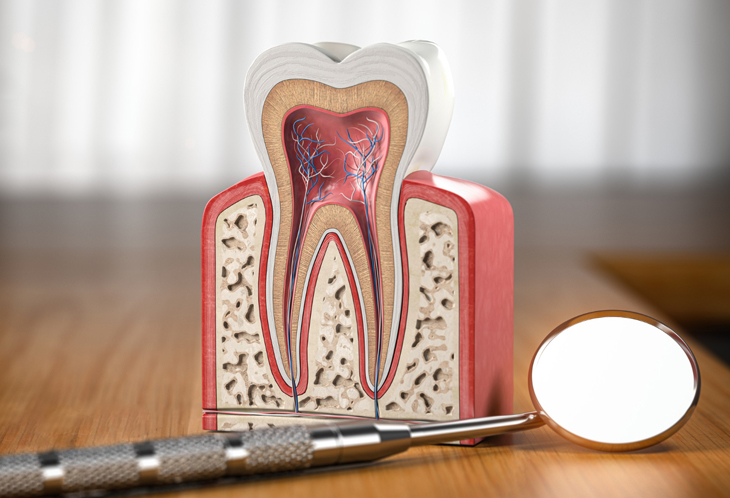
Root Canals In Augusta, KS
If bacteria reaches the inner nerve bundle due to a deep cavity, an abscess may develop in the jaw without any symptoms. If Dr. Davidson determines that the nerve cannot recover or if there is an infection present, root canal therapy may be suggested.
Modern anesthetics are utilized to numb the area for the gentle removal of the inflamed nerve inside the tooth. The nerve canal is disinfected, carefully shaped, and filled with a sealer. A filling or crown is then placed over the tooth to restore its original function.
Is a root canal procedure safe?
Despite numerous studies disproving the notion, misinformation regarding the alleged harmful health impacts of root canals persists in online articles. These claims are typically based on outdated theories without any scientific backing. One widely circulated Facebook post references a study that was debunked a century ago, needlessly causing panic among readers.
The American Association of Endodontists remains up-to-date with the most recent research and can confidently confirm the safety of root canal therapy. In reality, advancements in methods and materials have enhanced the effectiveness of this crucial procedure.